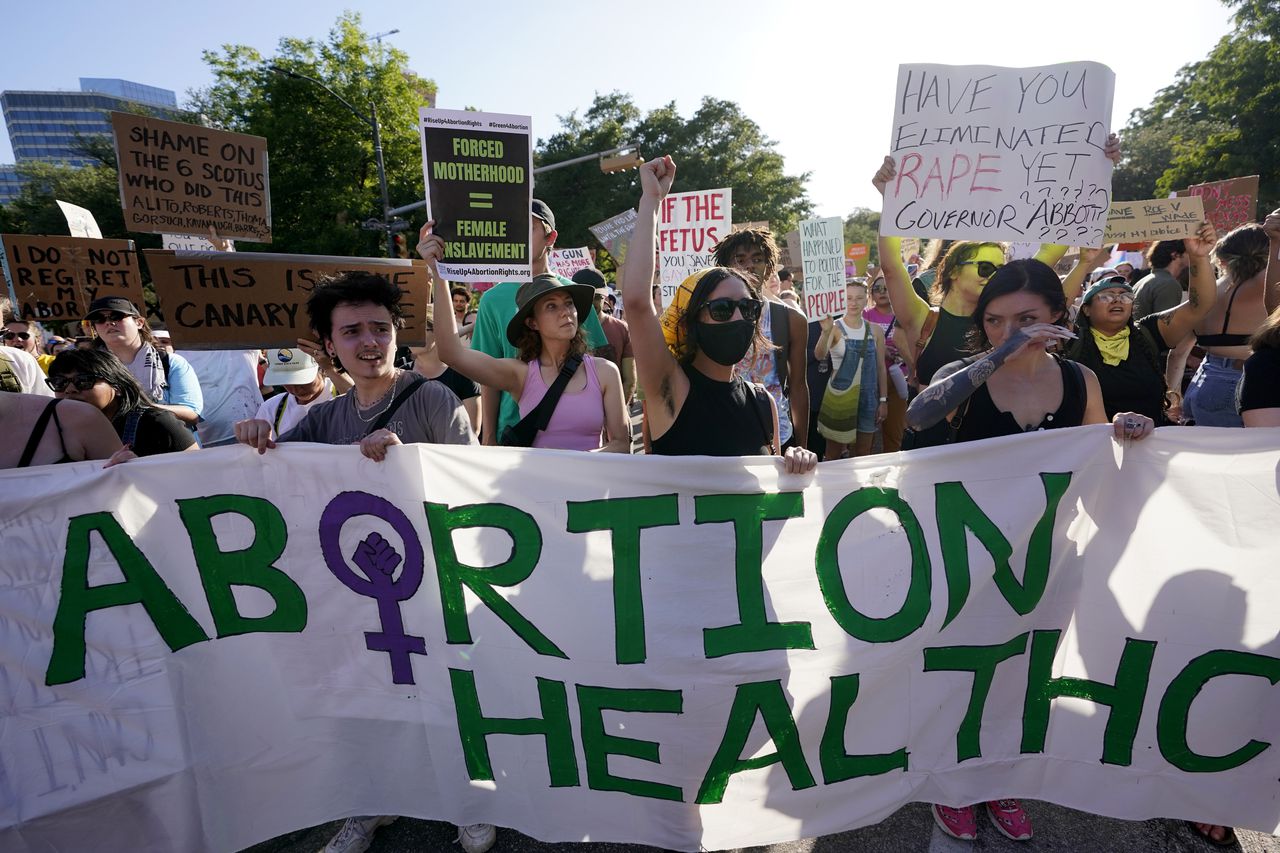Texas takes aim at birth control for minors
Reproductive rights and abortion access are front and center for many state governments as they begin their 2023 legislative sessions this week. In Texas, lawmakers are working to counter attempts at restricting access to birth control pills for minors, among other anti-reproductive health policies.
Ana-Maria Ramos, a Dallas Democrat, introduced a bill this month that would allow minors to consent to contraception-related examinations and medical treatment, outside of abortion.
The legislation is designed to challenge a federal court ruling issued last December by U.S. District Judge Matthew Kacsymaryk, which barred minors from obtaining contraceptive pills.
In his opinion, Kacsmaryk wrote that a program called Title X, which gives minors the ability to obtain birth control pills at federally funded clinics without parental consent, “violates the constitutional right of parents to direct the upbringing of their children.”
The decision forces teens to get parental permission in order to access treatment.
According to the American Civil Liberties Union, such measures won’t stop adolescents from having sex. Instead, they’ll increase the number of sexually transmitted diseases and unwanted pregnancies. And fewer adolescents will have access to birth control pills, among other reproductive healthcare.
A study published in the Journal of the American Medical Association states that 47 percent of sexually active teenage girls at family planning clinics in Wisconsin would not continue to access reproductive healthcare if required to inform their parental guardians.
The move comes after the Supreme Court overturned Roe v. Wade—the landmark 1973 decision that guaranteed the right to an abortion nationwide—in June. SCOTUS’s ruling on Dobbs v. Jackson Women’s Health Organization last year reversed prior protections under Roe and the 1973 case Planned Parenthood of Southeastern Pennsylvania v. Casey.
In the months following the Dobbs decision, reproductive rights have continued to come under attack at federal, state, and local levels.
Still, another piece of legislation filed in the Texas legislature is seeking to expand abortion services by creating an exception for survivors of criminal sexual assault. The state’s current ban only grants exceptions for life-threatening physical conditions caused by, aggravated by, or arising from a pregnancy.
The bill, which was introduced by Democratic state Rep. Donna Howard of Austin, seeks to amend the Texas’ Health and Safety Code. If signed into law, victims would not need to file a police or investigative report, provide forensic evidence, or be involved in prosecution of the alleged offense.
Other states are also contending with similar reproductive rights battles. In August, lawmakers in Indiana passed an abortion ban that forbids the procedure at 22 weeks and later.
In addition, patients are required to attend in-person counseling before an abortion and see their physician 18 hours after the session. Medication-induced abortions also must happen in-person because of the state’s ban on using telehealth or mailing medications to terminate a pregnancy.
The legislation has been stalled by the State Supreme Court while it works to determine its constitutionality.
As lawmakers await a decision, Democratic Sen. Shelli Yoder put forth a bill with the aim of restoring abortion access up to 20 weeks into a pregnancy.
“It is an infringement on women’s wellbeing, liberty and livelihood” Yoder said of the proposed statewide ban in July. “It will still kill women.” Researchers at Tulane University recently found that states with restrictive abortion policies may end up with higher total maternal mortality rates overall.
In Alaska, Republican Sen. Shelley Hughes introduced a state constitutional amendment Monday that would nullify the right to terminate a pregnancy. “To protect human life, nothing in this constitution may be construed to secure or protect a right to an abortion or require the State to fund an abortion,” the resolution reads.
It’s not clear if the legislation is likely to be taken up by state lawmakers. In November, voters turned down a constitutional convention that could have challenged statewide abortion rights, which are protected under the Alaska Constitution’s Privacy Provision.
Hughes has been trying for years to push this legislation forward, having previously sponsored identical bills in 2020 and 2021.
“One day, Americans will look back on abortion like we do slavery,” Hughes said about an older version of the bill at a 2020 Senate Health and Social Services Committee meeting, according to the Juneau Empire. “This bill is about we the people, what laws and provisions we want. What kind of policy we want in Alaska.”
Statewide in Alaska, abortions are covered by Medicaid funds and are not restricted by a pregnant person’s gestational age. However, only physicians are able to perform the procedure.
If advanced, the legislation would be put to voters in Alaska’s next general election.
And, on Wednesday, Virginia lawmakers introduced a bill that could ban abortion after 15 weeks. The legislation is sponsored by Bedford Republicans Kathy Byron and Stephen Newman.
In a written statement about the legislation, president of Susan B. Anthony Pro-Life America Marjorie Dannenfelser said, “We are ready to fight to protect babies from the pain of abortion and lawmakers will have to tell the voters where they stand.”
According to the Guttmacher Institute, lawmakers in state legislatures across the country introduced 774 bills in the first half of 2022 that had the potential to curtail reproductive rights.
Of those, 56 passed and became law. Republicans started taking issue with abortion access before the Supreme Court repealed Roe v. Wade and afterward, making bills targeting the procedure a key mark of their legislative agendas more so than climate change and other major issues.
